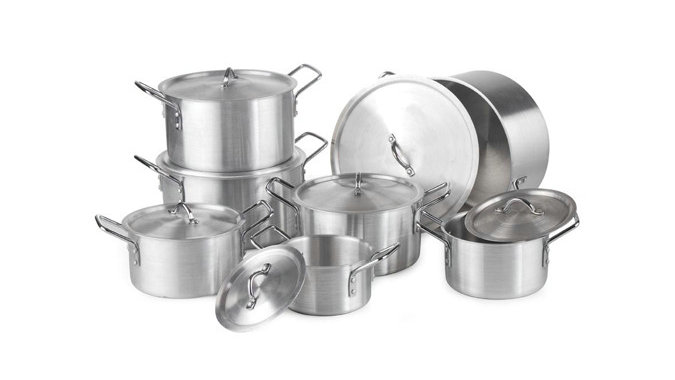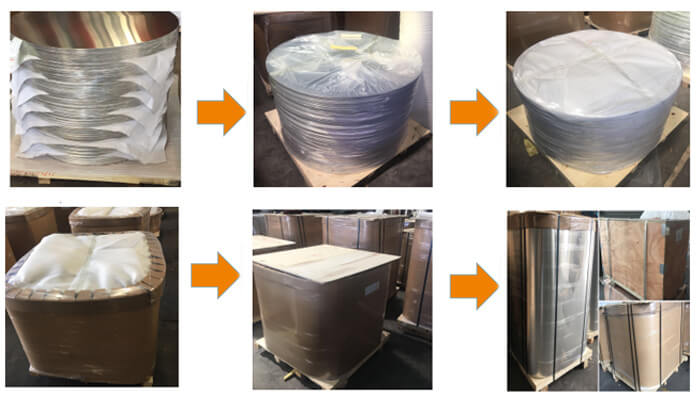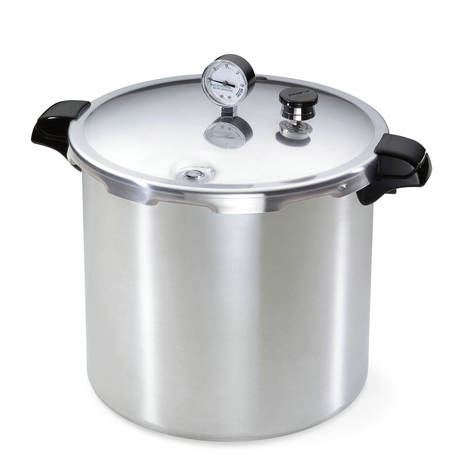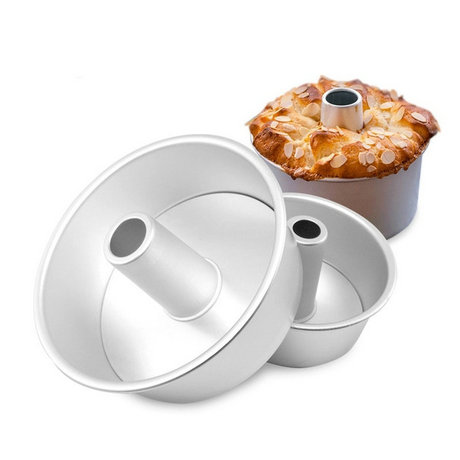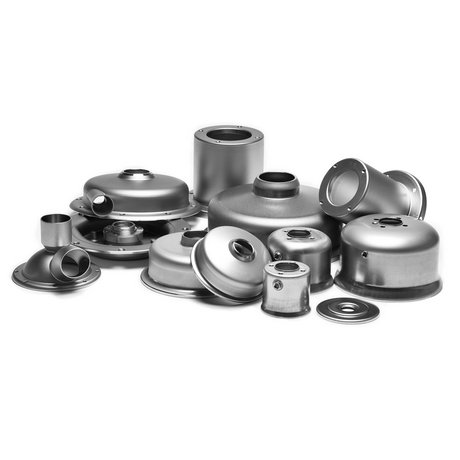The following are some of the most commonly used alloy series for aluminum circle and their typical applications:
I. The most commonly used and representative alloys
1. Series 1 (e.g. 1050, 1060, 1100)
· Characteristics: Industrial pure aluminum, with an aluminum content of over 99.0%. It has excellent corrosion resistance, electrical and thermal conductivity, and relatively low strength. It has excellent plasticity and is easy to be processed into shapes.
· Common applications: Containers with low strength requirements (such as lunch boxes, ashtrays), signs, lighting fixtures, electrical conductors, chemical equipment linings, etc.
2. Series 3 (e.g. 3003, 3004, 3105)
· Characteristics: Aluminum-manganese alloy, one of the most widely used anti-corrosion aluminum alloys. It has a strength approximately 20% higher than Series 1 and has good formability, weldability and corrosion resistance.
· Common applications:
· 3003: Kitchenware (pots, bowls, basins), lamps, building materials, heat exchanger parts. This is one of the most mainstream materials in the kitchenware industry.
· 3004/3105: Higher in strength than 3003, often used for the body of beverage cans, roof panels, blinds, etc.
3. Series 5 (e.g. 5052, 5083, 5754)
· Characteristics: Aluminum-magnesium alloy, with medium to high strength, being one of the strongest series of anti-corrosion aluminum. It has excellent corrosion resistance (especially against seawater and marine atmospheric corrosion), high fatigue strength, and good processing and appearance performance. Its strength can be significantly increased through solution heat treatment and aging (T6 state).
· Common applications:
· 5052: Ships, automotive parts, fuel tanks, electrical enclosures, pressure vessels. This is the most commonly used alloy in Series 5.
· 5083: Ships, maritime applications, armor plates, cryogenic containers (due to its good toughness at low temperatures).
4. Series 6 (e.g. 6061)
· Characteristics: Aluminum-magnesium-silicon alloy, the most typical and universal alloy in heat-treatable strengthened alloys. It has medium strength, good corrosion resistance, excellent processing performance (especially machining performance) and welding performance. Its strength can be significantly increased through solid solution heat treatment and aging (T6 state).
· Common applications: Widely used in structural components requiring certain strength, such as automotive wheels (classic material for wheels), aerospace parts, bicycle frames, precision mechanical parts, high-end kitchenware (such as pressure cookers).

